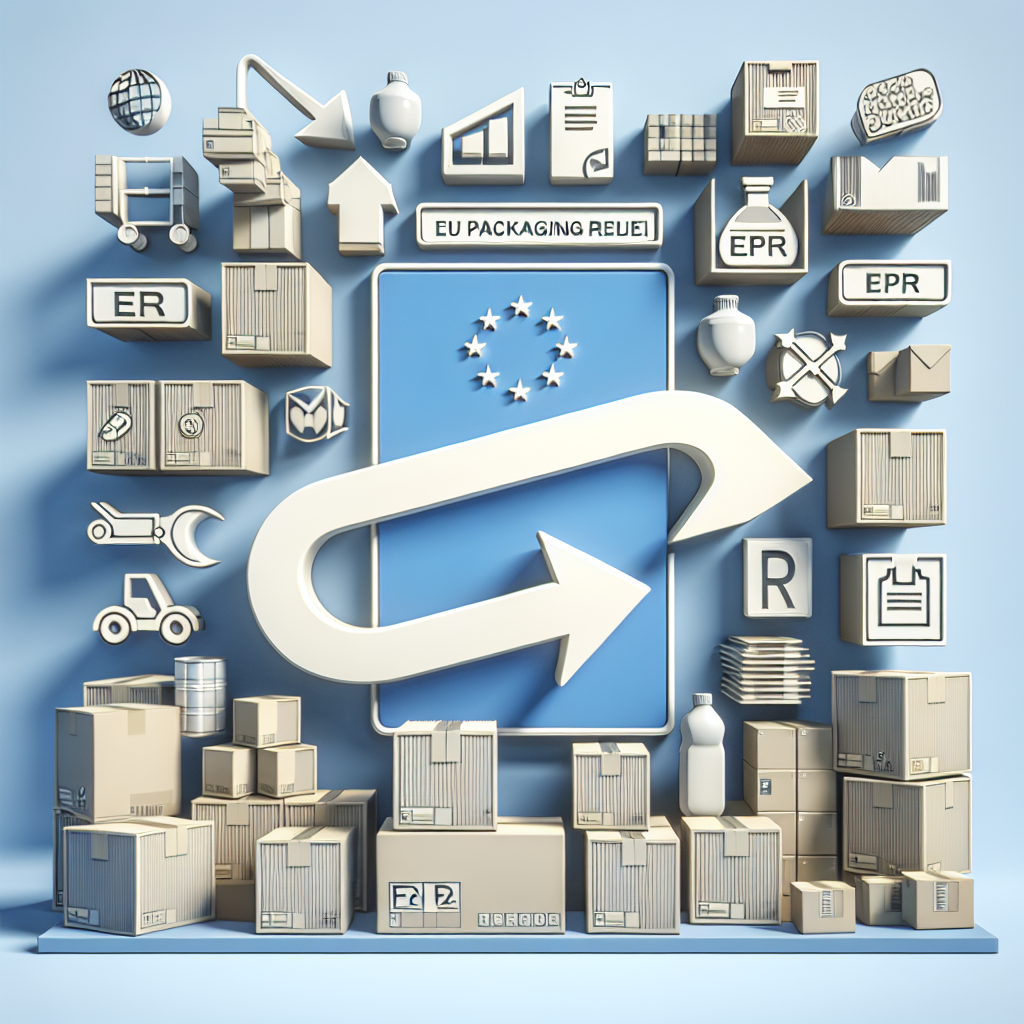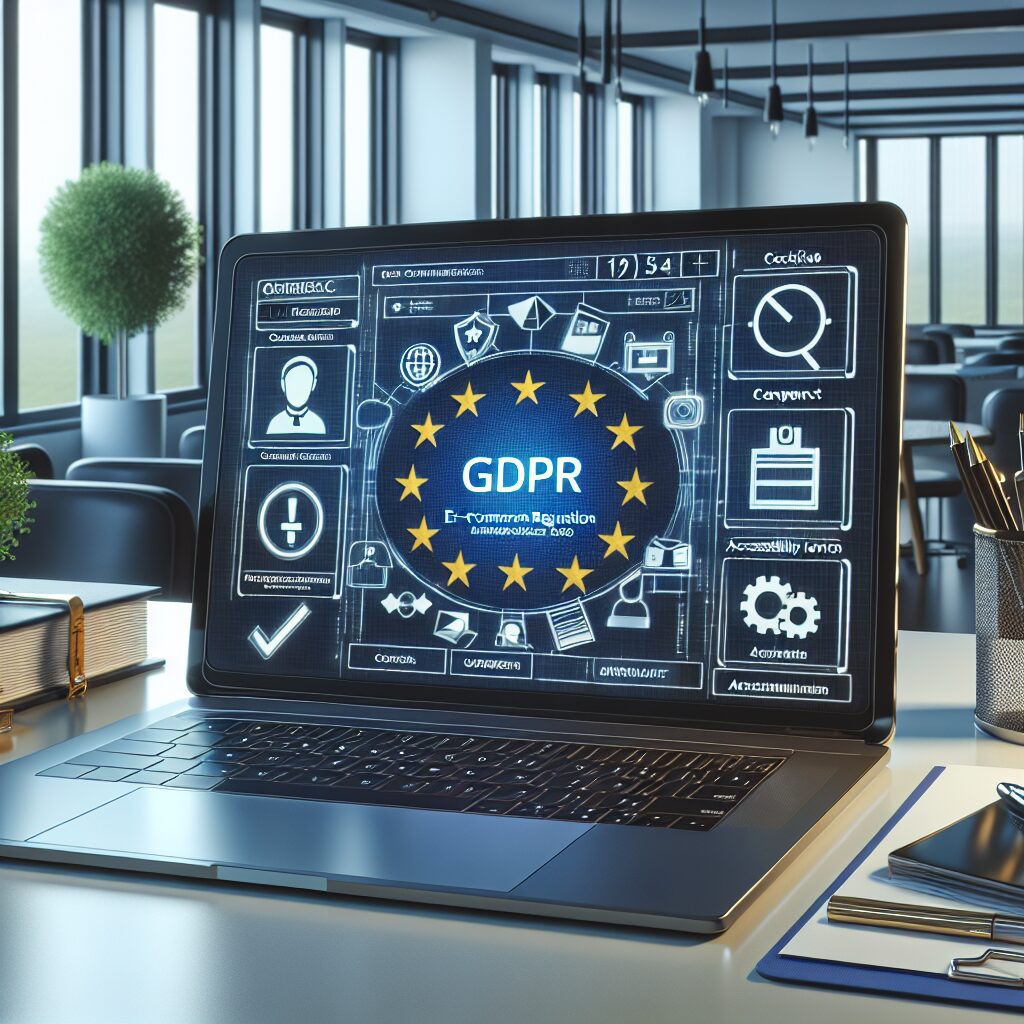The EU packaging labelling rules are increasingly becoming a focal point for businesses operating within Europe, especially as governments move towards more sustainable packaging solutions. As new regulations such as Extended Producer Responsibility (EPR) are enacted, companies must stay informed to remain competitive.
Understanding EU Packaging Labelling Rules
At the core of effective compliance are the EU packaging labelling rules, designed to inform consumers and promote recycling. These regulations are not just bureaucratic requirements; they serve as a guide on how businesses can responsibly engage with the environment. Failure to comply could mean facing hefty fines and losing consumer trust.
Impact of Extended Producer Responsibility (EPR)
EPR policies place the onus on producers to manage the lifecycle of their packaging. This means that brands must consider the impact their packaging has after the product has been consumed. As part of this effort, the EU has made it clear that the EU packaging labelling rules will guide how companies communicate their sustainability efforts to consumers. Innovative labelling that accurately conveys environmental practices can significantly enhance brand reputation.
Additionally, companies can stay ahead by leveraging insights from industry experts, helping them not only meet legal requirements but also resonate with eco-conscious consumers.
Required Labelling Elements
Brands should become familiar with the specific elements required under the EU packaging labelling rules. This includes clear labels indicating the recyclability of packaging materials, as well as any necessary certifications. Legible text, attractive design, and essential information are crucial.
Engaging Consumers with Eco-Labelling
Effective eco-labelling not only adheres to regulations but also engages consumers. As sustainability becomes more important to shoppers, brands must ensure their labels are not only compliant but also informative. The right eco-label can lead to higher consumer trust and loyalty. For more detailed coverage, explore government resources that outline these requirements.
Preparing for Future Regulations
As packaging regulations continue to evolve, businesses must anticipate changes in the EU packaging labelling rules. Companies that adapt quickly will not only comply but also leverage these regulations as a part of their brand growth strategy. Understanding upcoming trends and adjustments can give businesses a competitive edge.
The growing concern for environmental impact means that consumers are becoming more discerning about what they purchase. Brands that are proactive and transparent in their labelling efforts will attract a more loyal customer base.
Conclusion
Adhering to the EU packaging labelling rules is crucial for sustainable business practices. As regulations continue to evolve, businesses must stay informed and adapt to maintain their market position. Discover how to strengthen your brand’s presence in an environmentally conscious market by responding to these regulatory challenges.








